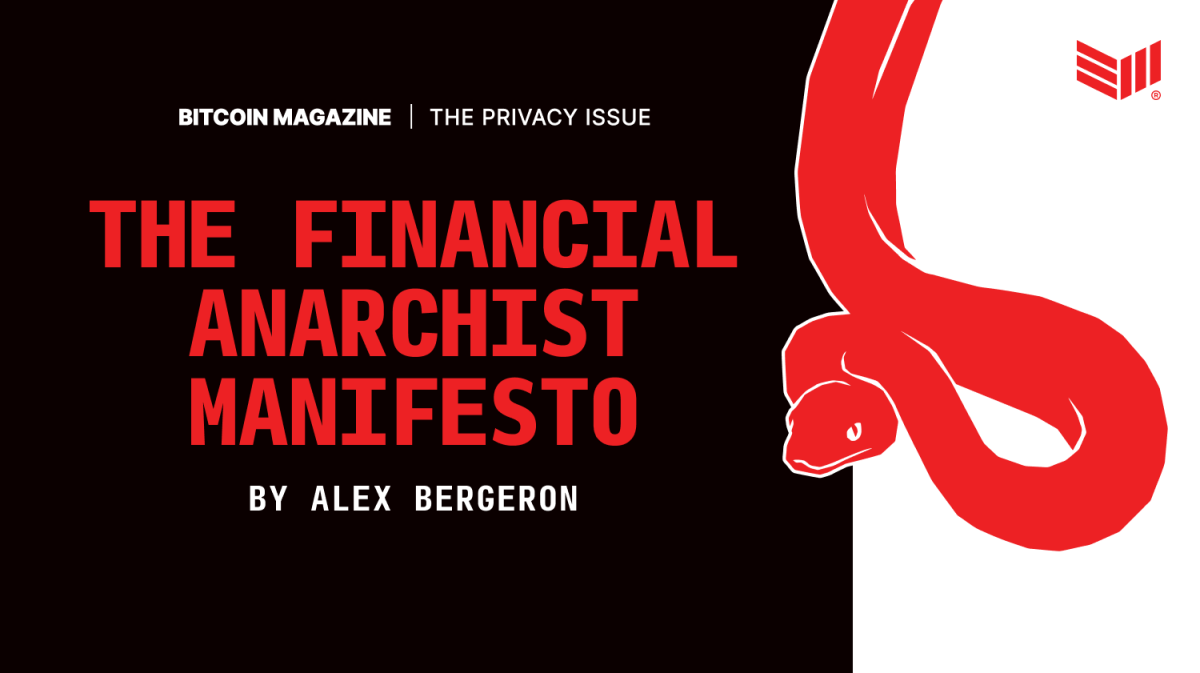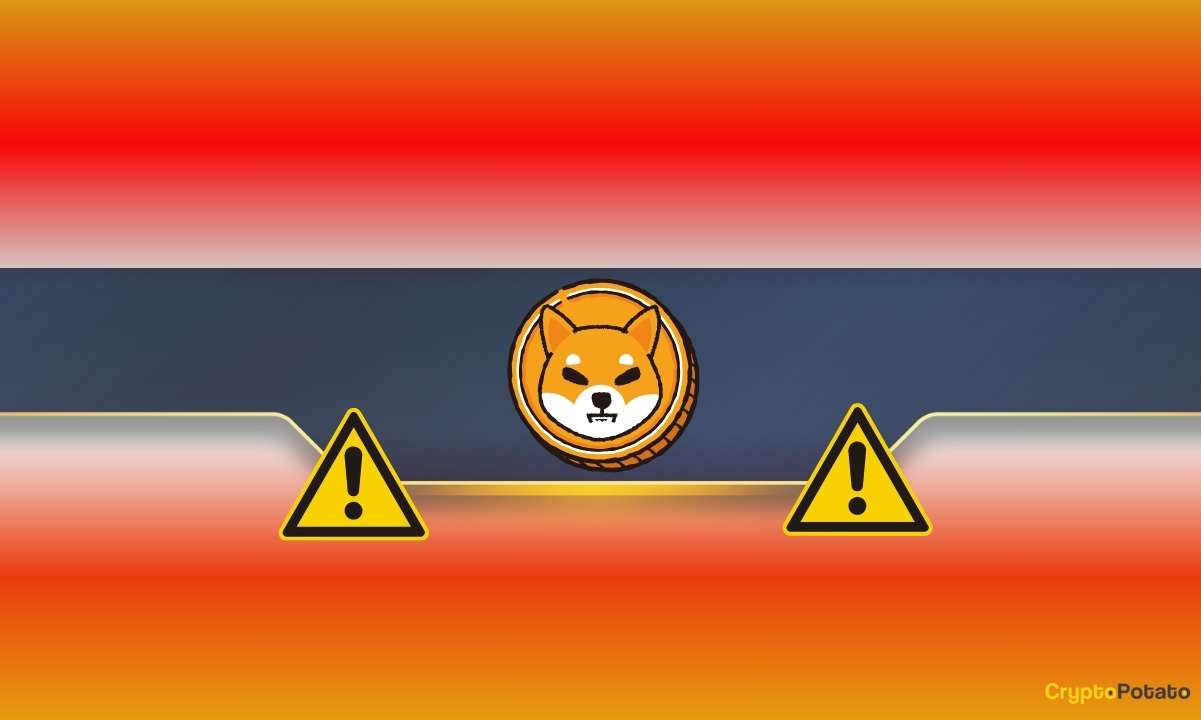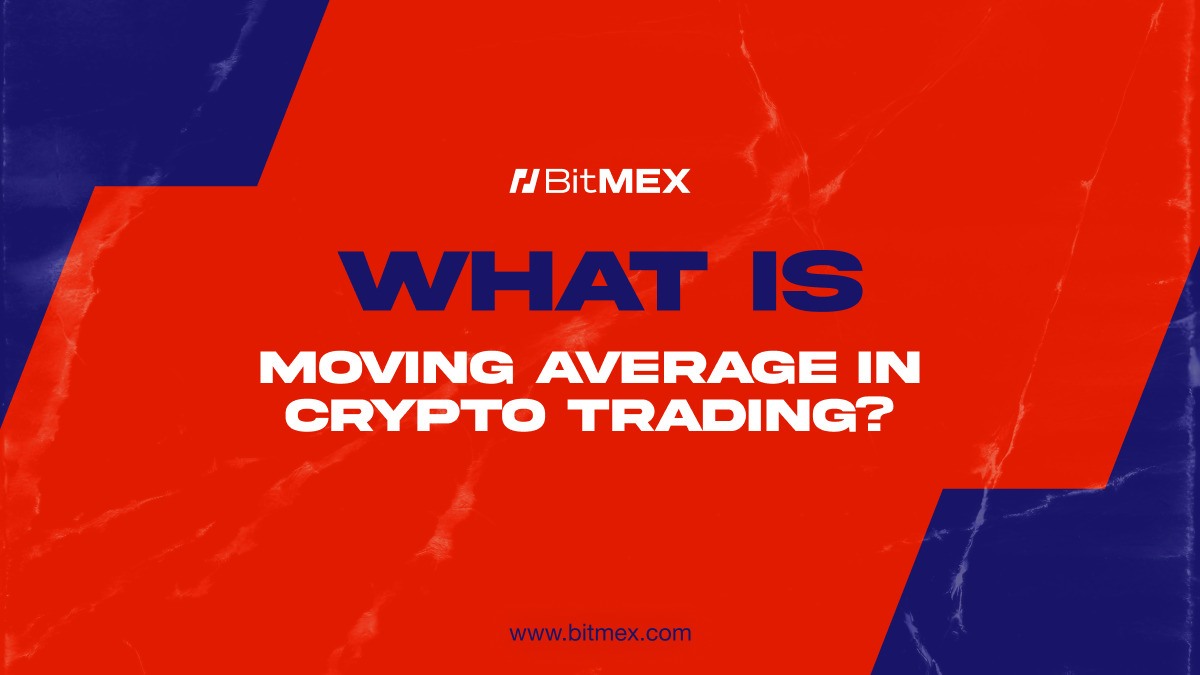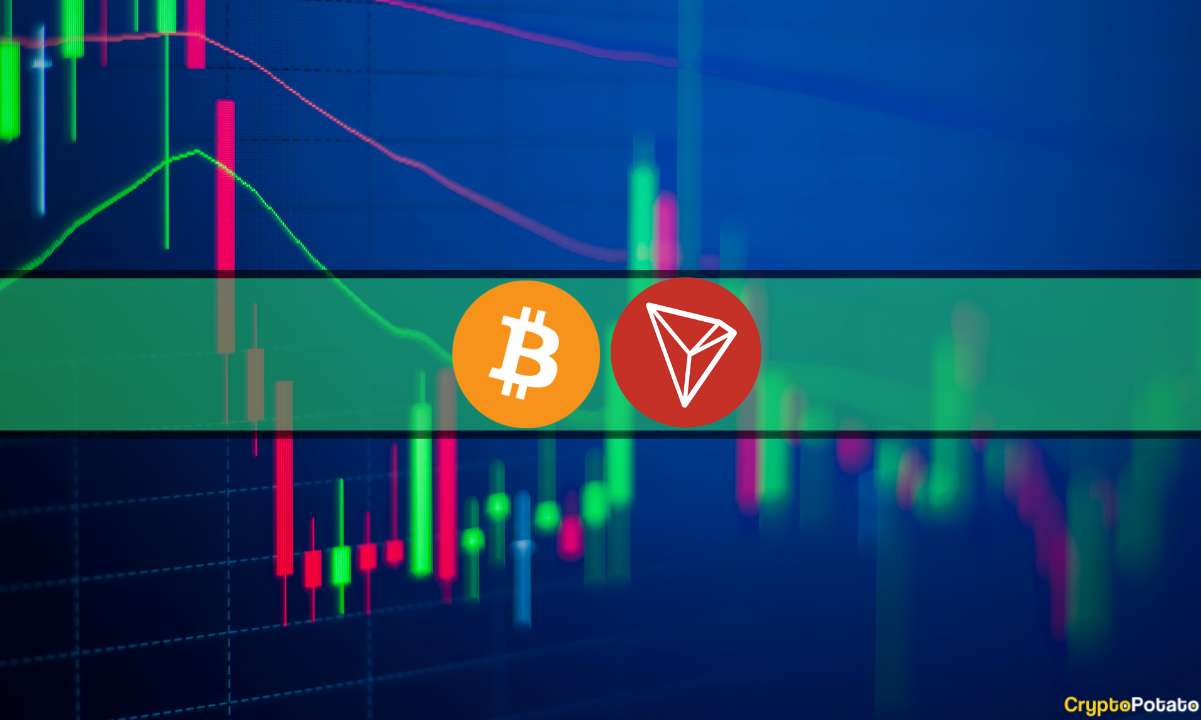In a move that could reshape the landscape of digital assets, the SEC has issued a Wells notice to OpenSea, signaling its intention to take legal action. This development has sent shockwaves through the NFT community, raising questions about the future of digital collectibles and the platforms that support them. As one of the largest NFT trading platforms, OpenSea's fate could have far-reaching implications for the entire industry.
SEC's Actions: A Warning Shot for the NFT Industry
The SEC's recent actions suggest that they are beginning to view NFTs as securities, a classification that would subject them to much stricter regulations. For OpenSea, a platform that once boasted trading volumes of $5 billion per month in January 2022, this news comes as a severe blow. By July 2024, those numbers had plummeted to just $43 million per month—a staggering 99% decrease. This significant decline reflects the broader struggles within the NFT market, which has been mired in regulatory uncertainty for years.
The Implications for Brands, Creators, and Platforms
The potential reclassification of NFTs as securities carries substantial implications for all stakeholders in the NFT ecosystem.
1. Brands: The Retreat from NFTs
Many brands have already started to distance themselves from NFTs due to the looming threat of regulatory action. The risk is too great, and for many, the return on investment simply isn’t there. Some companies have even transformed their digital collectibles into glorified "gift cards," burdened with extensive terms and conditions to navigate around regulatory hurdles. This trend is expected to accelerate as more brands reevaluate their involvement in the NFT space.
2. Creators: Facing New Challenges
For creators, the cost and complexity of producing and selling NFTs are likely to rise dramatically. The increased regulatory scrutiny would necessitate compliance with more stringent rules, potentially driving many creators out of the market. The once-thriving creator community, which relied on the relative freedom of the NFT marketplace, could face extinction if these changes are implemented.
3. Trading Platforms: Adapting to New Regulations
NFT trading platforms like OpenSea would need to undergo significant changes to comply with securities regulations. This includes implementing stricter Know Your Customer (KYC) and Anti-Money Laundering (AML) checks. While this could help reduce fraudulent activities like wash trading, it would also create barriers that could deter new users from entering the space. The mainstream appeal of NFTs could diminish, making them less accessible to the average consumer.
The Future of NFTs: Uncertainty and Decline
The once-vibrant NFT market has already seen significant declines over the past year. In 2024, prices for most blue-chip NFT collections dropped by over 50%, and trading volumes shrank from $18 billion in 2023 to just $4 billion year-to-date. Moreover, around 90% of the 180+ consumer brands that launched NFT projects have since abandoned them due to poor engagement and revenue generation.
Maja Vujinovic, MD of OGroupLLC, weighed in on the situation, stating, "99% of NFTs were worthless from the beginning. For OpenSea, this was big business, robbing people with large fees and never worrying about utility." This sentiment echoes a growing skepticism within the industry, as investors and creators alike question the long-term viability of NFTs.
The End of an Era?
The SEC's crackdown on NFTs could mark the beginning of the end for the current iteration of the digital collectibles market. As the regulatory environment tightens, NFTs as we know them may become impractical for mainstream consumers. The question remains: is this the end of the NFT revolution, or merely a painful but necessary evolution?

















 English (US) ·
English (US) ·